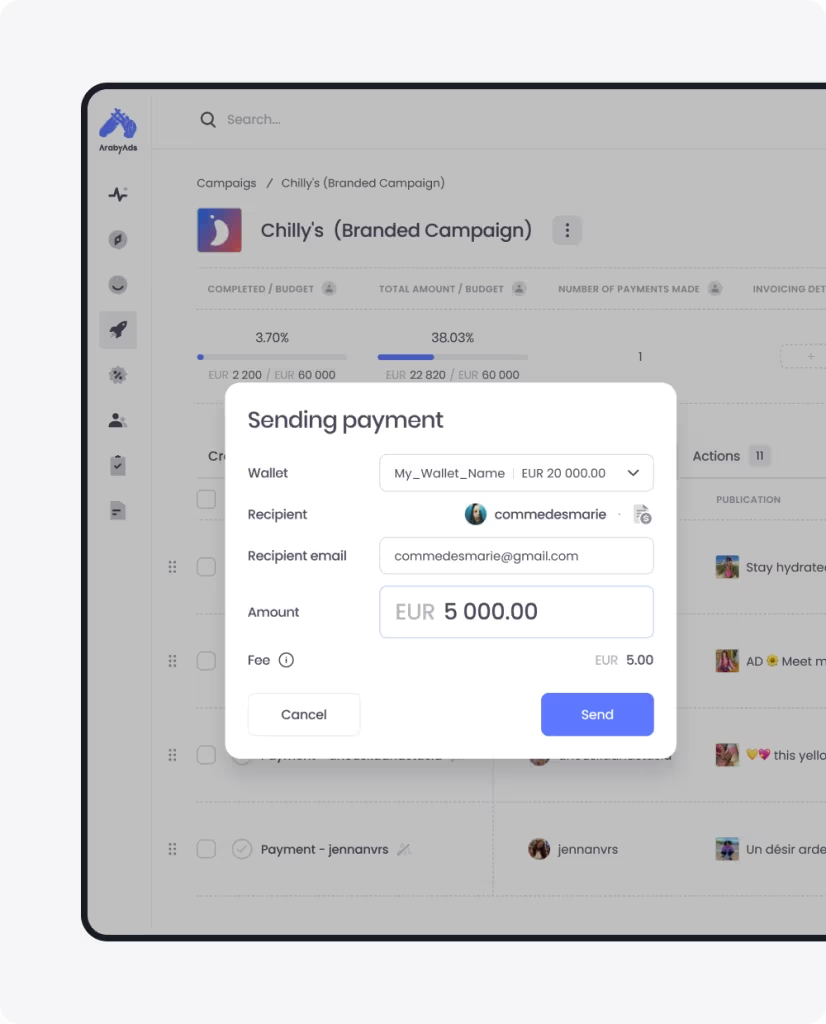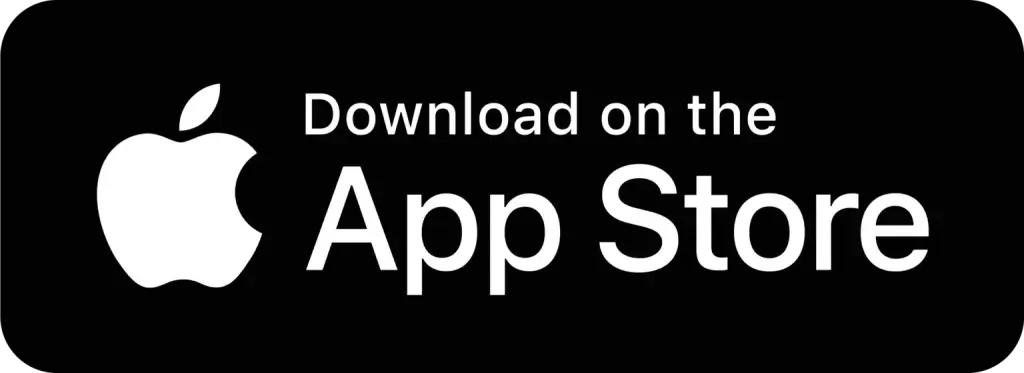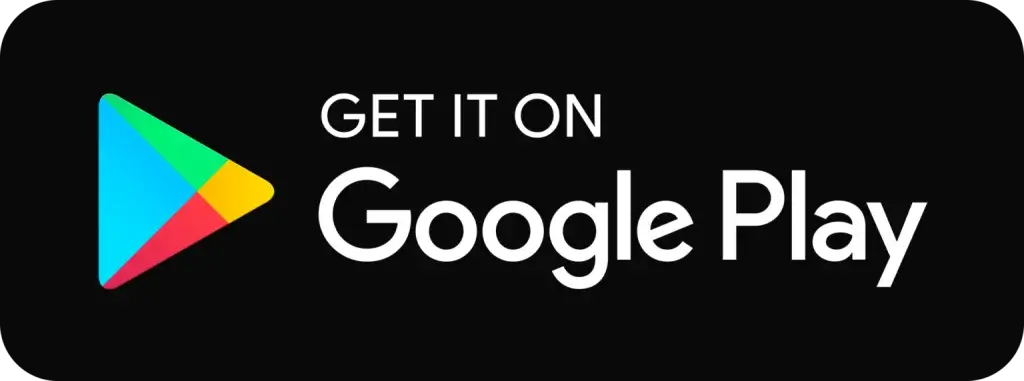Influencer marketing is one of the fastest growing industries today. it is projected to reach $32.55 billion In 2025,up from $24 billion in 2024 and just $1.4 billion a decade ago. With a 33.1% CAGR*, influencer campaigns have become essential to brands who want to build trust, drive sales, and dominate cultural conversations.
As the ecosystem scales, so does its complexity. Artificial Intelligence (AI) is at the center, helping brands identify the right creators, predict campaign outcomes, and streamline workflows. From analyzing audience sentiment to AI generated influencers shaping social media trends, AI is redefining how influencer marketing operates.
Here’s how AI is transforming influencer marketing in 2025 and what you need to know.
How AI Changes Influencer Discovery?
Finding the perfect influencer used to be a manual, time intensive process. AI has completely reimagined this step by scanning millions of profiles across platforms and delivering actionable insights in seconds. Here’s how:
- Advanced audience analytics: AI evaluates influencer demographics and ensures follower alignment with target markets.
- Engagement quality scoring: It detects fake followers and bot activity to protect brand investments.
- Predictive fit: Algorithms can recommend creators most likely to deliver ROI based on historical performance.
- Real time trend tracking: AI surfaces rising creators and niche micro-influencers before they go mainstream.
Why it matters for brands: Faster decisions, fewer risks, and hyper targeted campaigns.
Brands can save up to 80% of the time they previously spent on vetting and avoid costly mismatches by predicting influencer performance upfront.
Predictive Analytics and ROI Measurement
AI gives marketers the tools to predict results and measure true influencer marketing campaign impact. Whether you want to forecast engagement or track conversions, AI models can now transform data into actionable insights instead of only relying on vanity metrics:
- Predictive models forecast engagement and conversions before a campaign even begins.
- Sentiment Analysis: Algorithms analyze thousands of comments on influencer posts, classifying them as positive, neutral, or negative.
- AI attribution tools: Track influencer posts to direct sales, even across complex customer journeys.
Why it matters for brands: Decision-making becomes faster and more precise.
AI for Brand Safety and Competitor Insights
Brand reputation is critical in influencer marketing. AI helps brands maintain integrity while keeping an eye on the competition. These tools work in the background to flag risky content and track influencer activity across your niche.
Here’s how AI can protect your brand and provide competitive intelligence:
- Content Screening: AI helps you flag inappropriate, off-brand, or risky content in an influencer’s feed before a partnership begins.
- Competitor Collaboration Checks: AI maps influencer activity to see if they’re promoting competitor brands, helping businesses make strategic decisions about exclusivity.
- Sentiment Analysis: Monitors audience reactions to identify potential PR risks.
- Competitor Benchmarking: Analyzing competitor campaigns to identify successful strategies and areas for differentiation.
Why it matters for brands: AI reduces the likelihood of PR crises and ensures every partnership aligns with brand values.
Workflow Automation
From outreach to payments, automation frees up teams to focus on creativity and strategy. AI’s role in automating influencer operations:
- Automated Outreach: AI drafts personalized pitches for each influencer, adapting tone and content based on their interests and past collaborations.
- Payment Automation: Systems handle payment tracking, invoice generation, and payouts, ensuring influencers are paid on time without manual intervention.
Why it matters for brands: This means large scale programs can run smoothly with leaner teams and faster turnaround times.
Hyper Personalization with Emotion AI
Audiences today expect content that resonates. AI helps brands tailor influencer campaigns with surgical precision, adapting messaging and visuals to different segments.
- Dynamic content optimization: Captions and visuals adapt to each audience segment.
- Emotion recognition: Reads viewer reactions in videos to refine messaging.
- Micro segmentation: Targets highly specific audience clusters for better results.
In 2025: Campaigns are tailored for maximum resonance with every viewer.
Are Virtual Influencers the Future of Social Media Marketing?
AI powered virtual influencers have become a significant force in 2025. Brands across industries are leveraging these CGI creators to engage audiences in innovative ways. Created with tools like Midjourney and Stable Diffusion, these AI influencers are custom designed to represent ideal brand personas and target specific demographics.
Unlike traditional influencers, virtual personalities don’t need breaks, don’t get caught in controversies, and can be programmed to reflect a brand’s identity with perfect consistency.
Why brands love them:
Full creative control: You control their look, voice, and vibe.
24/7 content creation: Virtual influencers aren’t bound by schedules, geography, or physical limitations. They’re available 24/7 to create and post content.
Consistent Branding: AI personalities never stray from brand values. Unlike human influencers, they don’t risk PR mishaps or sudden shifts in personal opinions.
Global scalability: Localized versions for every market.
Controversy-Free: Since AI influencers don’t have personal lives or emotions, they’re less likely to attract unwanted headlines or backlash.
Cost-Effective Long-Term: Although creating a virtual persona requires initial investment, brands save on travel, logistics, and recurring fees associated with traditional influencers
Top AI Influencers
@magazineluiza (Lu do Magalu)
7.3M followers
Brazil’s most followed AI star and the world’s leading virtual retail influencer. Lu partners with brands like Samsung, Burger King, and Vogue Brazil, using her platform for product launches and even social advocacy.
lilmiquela (Lil Miquela)
2.5M followers
A cultural icon in fashion and music, Lil Miquela has worked with Dior, Prada, and Calvin Klein, while releasing her own music. Recognized by Time as one of the internet’s most influential personalities.
@aitanalopez (Aitana Lopez)
338K followers
Spain’s first virtual fitness and fashion model, known for her vibrant pink hair and partnerships with brands like Olaplex and Brandy Melville Spain.

@imma.gram (Imma)
393K followers
Japan’s pink haired digital girl, collaborating with IKEA, Porsche, and Hugo Boss. Imma is celebrated for blending fashion and tech innovation.

@kyraonig (Kyra)
255K followers
Brazil’s most followed AI star and the world’s leading virtual retail influencer. Lu partners with brands like Samsung, Burger King, and Vogue Brazil, using her platform for product launches and even social advocacy.
Why it matters for brands: For businesses looking to test bold creative concepts while maintaining full brand control, virtual influencers offer a safe and scalable solution.
Ethical Considerations and Authenticity Challenges
With AI’s increasing role in influencer marketing, ethical questions are becoming critical:
How do brands ensure transparency when working with virtual influencers?
What safeguards prevent algorithms from reinforcing biases?
How can automation stay balanced with authentic human storytelling?
Advice: Combine AI driven insights with real creative input from humans to build trust and emotional connection.
Why Influencer Marketing Platforms Matter in 2025
End to End AI Integration
- Platforms combine influencer discovery, campaign management, approvals, and analytics in one place.
- Built in AI tools handle repetitive tasks like outreach, campaign optimization and reporting.
Smarter Creator Matching
Algorithms recommend influencers aligned with campaign KPIs and audience relevance.
Workflow Automation
Platforms manage payments, compliance, and tracking so teams can focus on creative strategy.
Sentiment Analysis
Platforms scan audience comments to detect potential issues and provide actionable insights.

What This Means for Influencer Marketing in 2025
AI is shaping an influencer marketing ecosystem that is faster, smarter, and more precise. Campaigns are hyper targeted and data-driven. Small teams can execute large scale programs efficiently. Content adapts instantly to trends and audience reactions.for this you should:
Leverage AI Powered Discovery
Use smart filters and keyword analysis to identify influencers who truly resonate with your brand.
Prioritize Brand Safety
Implement AI tools to monitor content and safeguard your brand's reputation.
Stay Ahead of Competitors
Use AI to track industry trends and influencer collaborations, informing strategic decisions.
Embrace Automation
Adopt AI-driven platforms to streamline workflows, from outreach to performance analysis.
Innovate with Virtual Influencers
Explore AI-generated personas/influencers to expand creative possibilities and audience engagement.
Final Thoughts
AI is definitely not replacing influencer marketing anytime soon. On the other hand, it has huge potential to make it smarter, faster, and more impactful if businesses in 2025 know how to use it right.
Brands that combine AI efficiency with human and authentic storytelling are setting the standard for success in 2025.
👉🏻 indaHash helps global brands and in-house marketing teams connect with the right creators, automate workflows, and deliver campaigns that drive measurable results.
